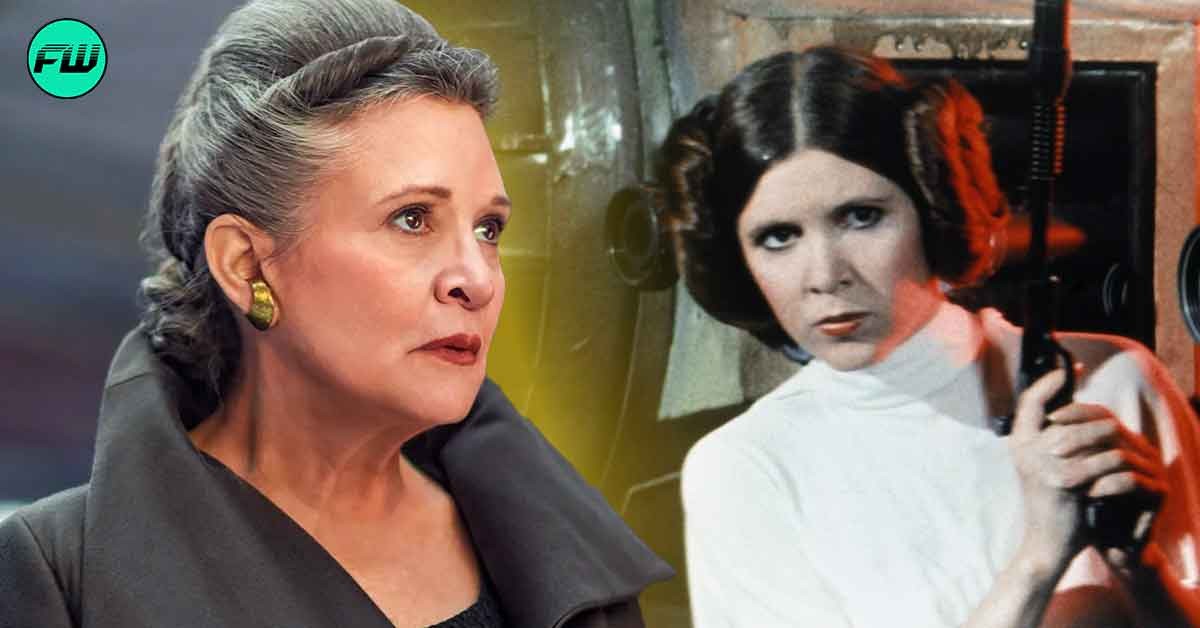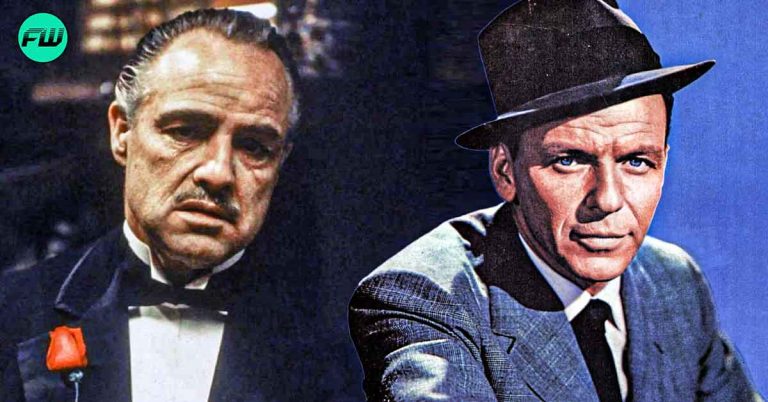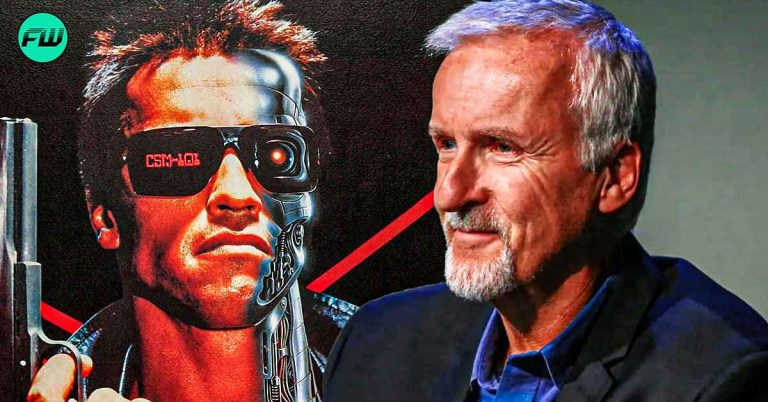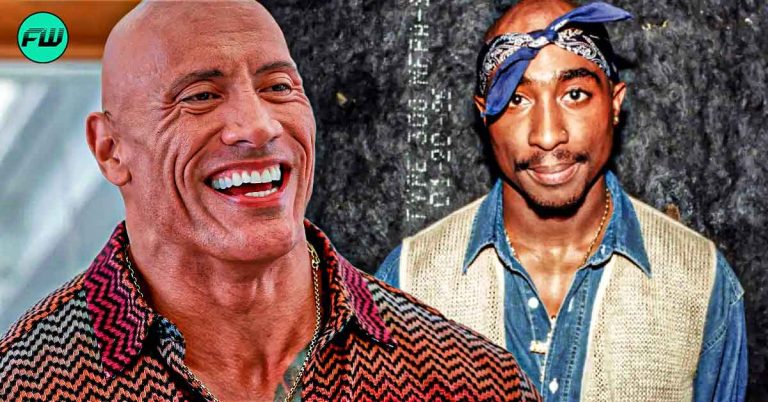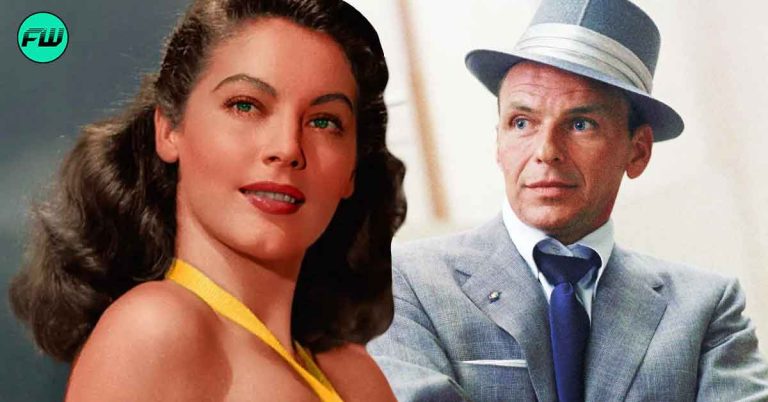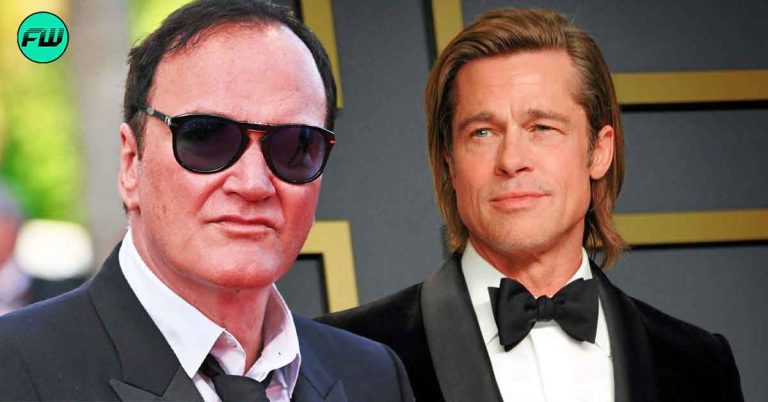The demands placed on actors in Hollywood (or elsewhere) can be utterly overwhelming, despite their fortune, power, and throngs of adoring fans. But, when you consider the lack of privacy, it may not be as shocking that some people had to seek psychiatric help when it all became too much to handle. Why not consider the example of the legendary actress, Carrie Fisher, who died at 60 after suffering a heart attack?
The actress, who portrayed the role of Princess Leia in the original Star Wars films, provided a ray of hope to those who have experienced mental health difficulties.
Prior to her untimely death in 2016, Fisher was very open about her struggles with drug addiction and mental illness. As a result, she rose to prominence as an advocate for reducing the stigma attached to these conditions.
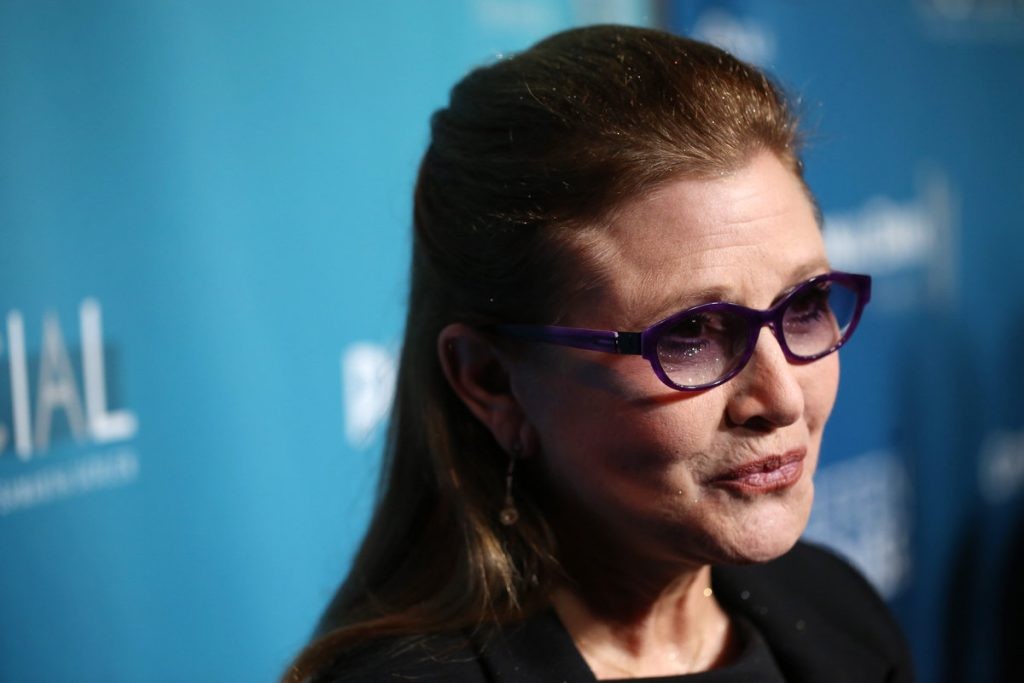
Throughout her life, Fisher, who has acted in films like Shampoo, Hannah and Her Sisters, The Blues Brothers, and The Burbs, spent a lot of time in hospitals, according to news articles written after her tragic death.
Carrie Fisher’s Openness About Her Mental Illness
Carrie Fisher, the beloved late actress, best known for her iconic portrayal of Princess Leia in the Star Wars series, left the world in darkness after she suddenly passed away in 2016. Her life was hampered by a persistent “chemical imbalance” in her brain, which required frequent hospitalizations despite her enormous wealth, fame, and a strong network of friends and family.
The late actress, who passed away on December 27, 2016, stated in a 2000 interview with Diane Sawyer:
“I have a chemical imbalance that, in its most extreme state, will lead me to a mental hospital. I used to think I was a drug addict, pure and simple — just someone who could not stop taking drugs willfully. And I was that. But it turns out that I am severely manic depressive.”
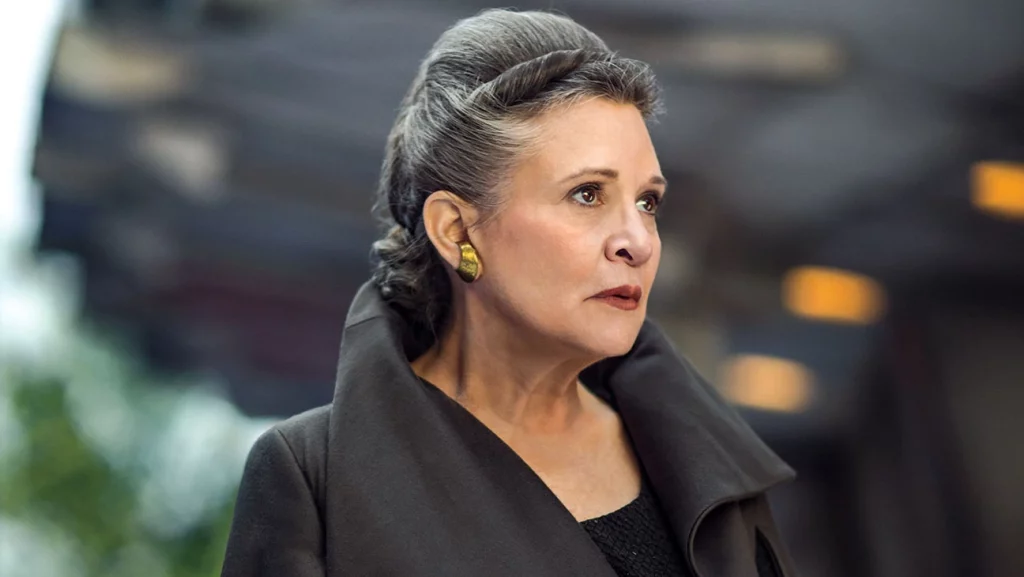
Dr. Terence Ketter, a Stanford psychology professor in California, explained to PEOPLE the significance of Fisher’s candid disclosure of her mental health issues. He reported:
“Ms. Fisher was an important advocate in terms of decreasing the stigma surrounding bipolar disorder. One of the things she did was medicalize the problem and not see it as a character flaw. Making bipolar disorder like any other medical disorder decreases stigma. And linking it to creativity – but not romanticizing it – helps show that there might be some kind of a silver lining.”
Carrie Fisher Realized She ‘Was Doing a Bit More Drugs’
Carrie Fisher, who was diagnosed with bipolar disorder in the 1980s, also struggled with her addiction to drugs for a very long time. In an interview, she admitted to using drugs while The Empire Strikes Back (1980) was being shot, as she noted:
“Slowly, I realized I was doing a bit more drugs than other people and losing my choice in the matter.”
However, in an interview with the Herald-Tribune in 2013, Fisher—a symbol of strength for countless fans around the globe—spoke candidly about her struggles with addiction.
“I never could take alcohol. I always said I was allergic to alcohol, and that’s actually a definition to alcoholism — an allergy of the body and an obsession of the mind. So I didn’t do other kinds of drugs until I was about 20. Then, by the time I was 21, it was LSD. I didn’t love cocaine, but I wanted to feel any way other than the way I did, so I’d do anything.”
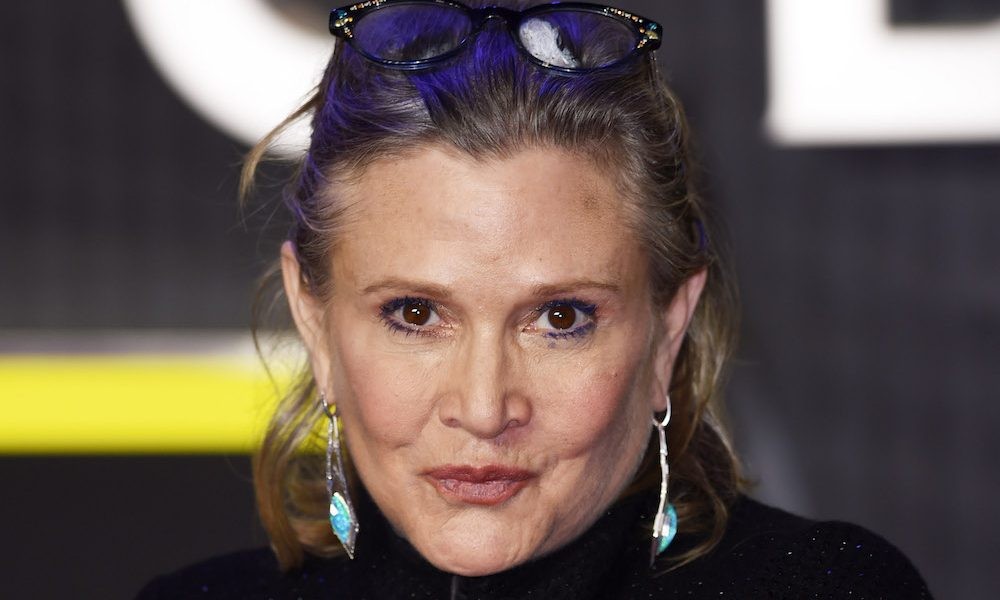
The actress vehemently refuted the idea that people with mental illnesses cannot lead full, productive lives like others in a 2002 interview with USA Today. Fisher noted:
“There is treatment and a variety of medications that can alleviate your symptoms if you are manic depressive or depressive. You can lead a normal life, whatever that is. I have gotten to the point where I can live a normal life, where my daughter can rely on me for predictable behavior, and that’s very important to me.”
Thus, it is safe to say that Fisher changed countless people’s lives by sharing her personal story in such an honest way, and her legacy will continue to spur change for many years to come.
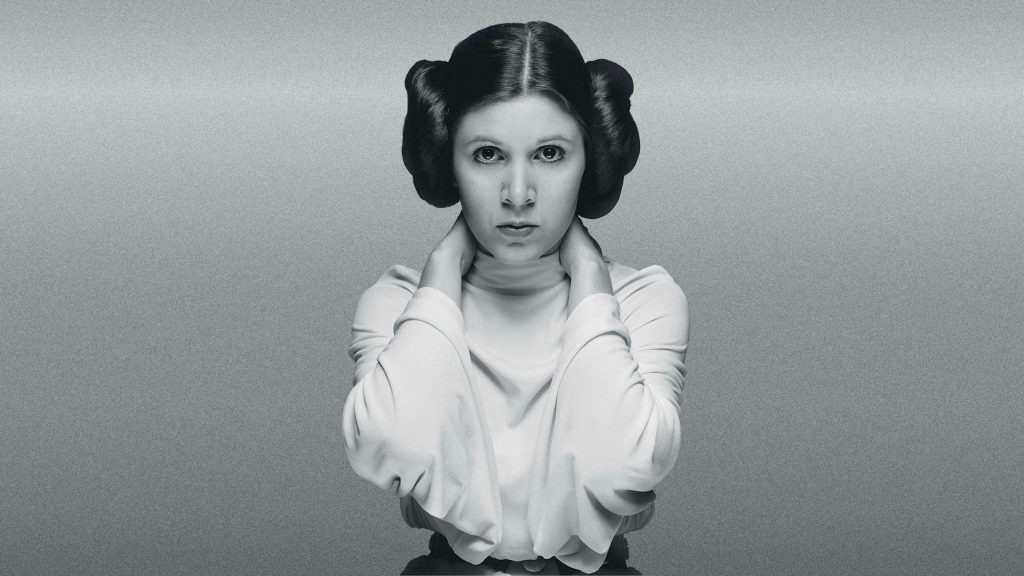
In addition to receiving a posthumous Grammy Award for Best Spoken Word Album in 2018, she was posthumously named a Disney Legend in 2017. She was also awarded a star on the Hollywood Walk of Fame posthumously in 2023.
Source- ABC News

